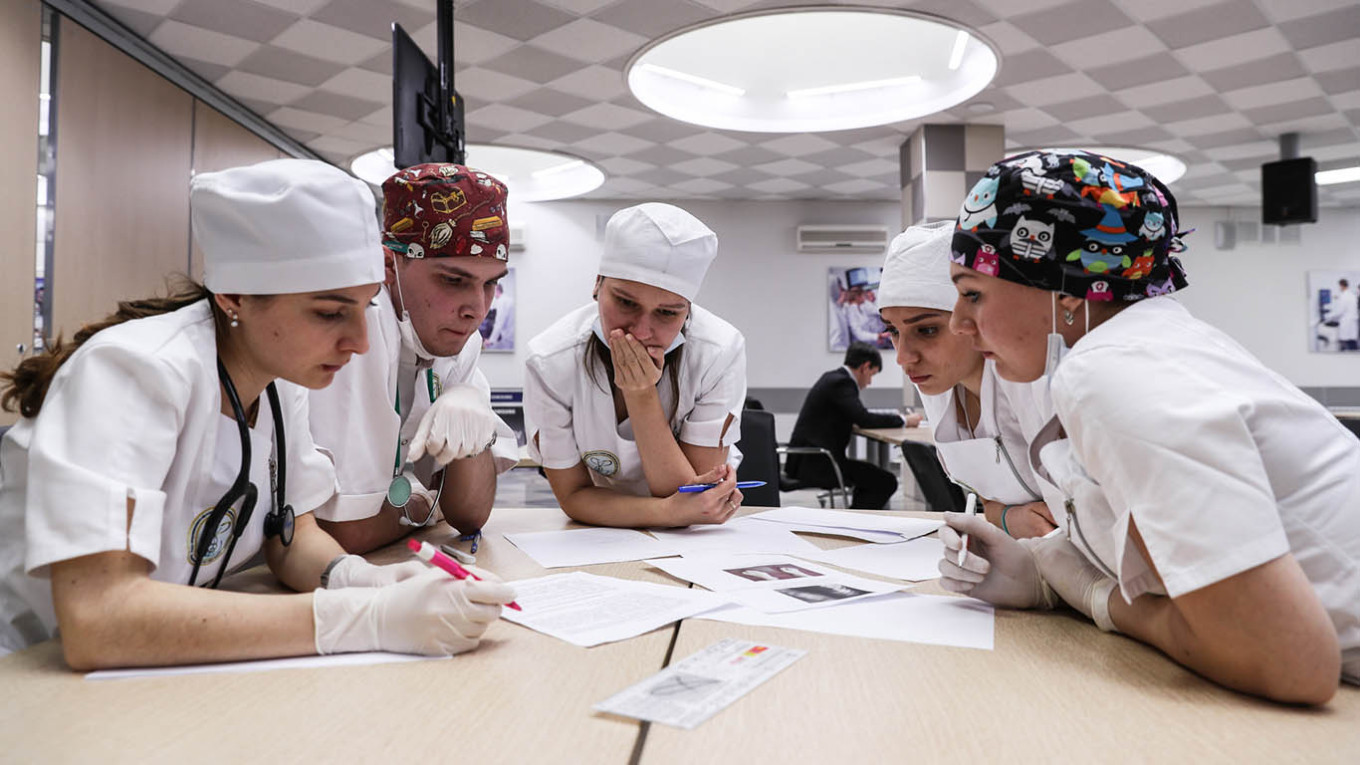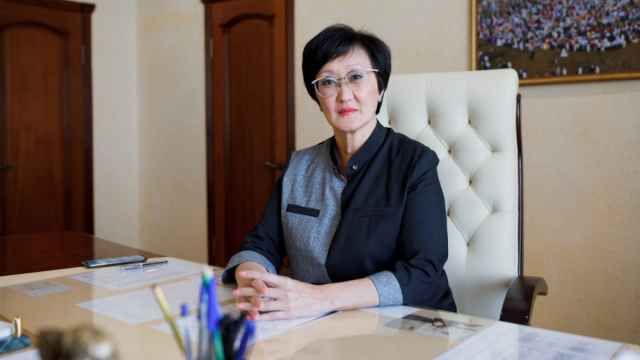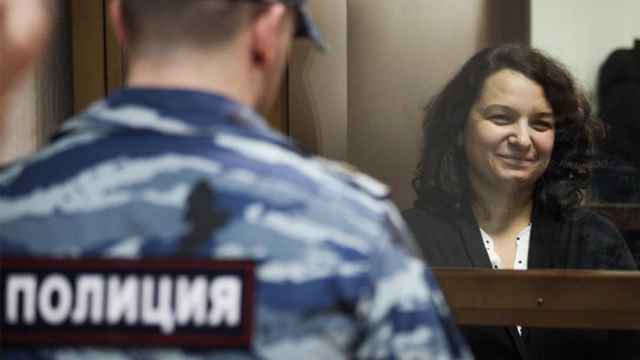Russia’s lower-house State Duma on Tuesday passed a bill requiring new medical school graduates to work in state-run hospitals and clinics for up to three years, a proposed measure aimed at easing chronic staff shortages in the country’s public health system.
Under the draft law, which partially revives a Soviet-era practice, medical school graduates would be required to complete a period of “mentorship” in state or municipal clinics covered by the compulsory health insurance system. Russia’s Health Ministry will decide which specific graduates would be impacted, as well as the total duration of their mentorships.
Any graduates refusing to take part in the mentorship program would face penalties depending on how their education was funded. Those whose medical school tuition was covered in exchange for a guaranteed period of public service would have to reimburse their alma mater and pay an additional 200% fine. Self-funded and other graduates could have their medical accreditation suspended.
If passed by the upper-house Federation Council and signed into law by President Vladimir Putin, the legislation will take effect on March 1, 2026, applying to graduates from that year onward.
State Duma speaker Vyacheslav Volodin said overworked hospital staff and high numbers of medical patients that exceed recommended norms are taking a toll on Russia’s public health system, leading to poorer healthcare quality. He cited data claiming that Russia lacked around 23,300 doctors and 63,600 mid-level medical personnel in early 2025.
The lower house of parliament passed the work requirement bill on Tuesday with a unanimous vote following minor procedural corrections, according to independent journalist Farida Rustamova.
She cited concerns from two lawmakers that the proposed work requirements may discourage young medical professionals from completing mentorship obligations, especially in rural or remote areas, without guarantees of housing and other forms of support, which are not included in the draft law.
In the Soviet healthcare system, the state assigned newly graduated doctors to specific hospitals or clinics for between three and five years.
A Message from The Moscow Times:
Dear readers,
We are facing unprecedented challenges. Russia's Prosecutor General's Office has designated The Moscow Times as an "undesirable" organization, criminalizing our work and putting our staff at risk of prosecution. This follows our earlier unjust labeling as a "foreign agent."
These actions are direct attempts to silence independent journalism in Russia. The authorities claim our work "discredits the decisions of the Russian leadership." We see things differently: we strive to provide accurate, unbiased reporting on Russia.
We, the journalists of The Moscow Times, refuse to be silenced. But to continue our work, we need your help.
Your support, no matter how small, makes a world of difference. If you can, please support us monthly starting from just $2. It's quick to set up, and every contribution makes a significant impact.
By supporting The Moscow Times, you're defending open, independent journalism in the face of repression. Thank you for standing with us.
Remind me later.






